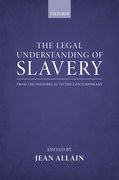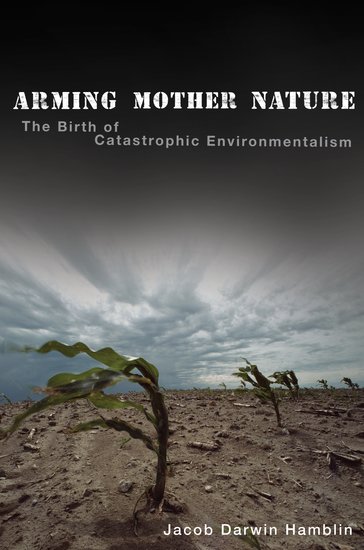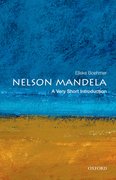Bowersock and OUP from 1965 to 2013
Earlier this year, Oxford University Press (OUP) published The Throne of Adulis by G.W. Bowersock, as part of Oxford’s Emblems of Antiquity Series, commissioned by the editor Stefan Vranka from the New York office. It was especially thrilling that Professor Bowersock agreed to write a volume, as it represents a homecoming of sorts for the noted classics scholar, who began his career with OUP in 1965 with the monograph Augustus and the Greek World.








